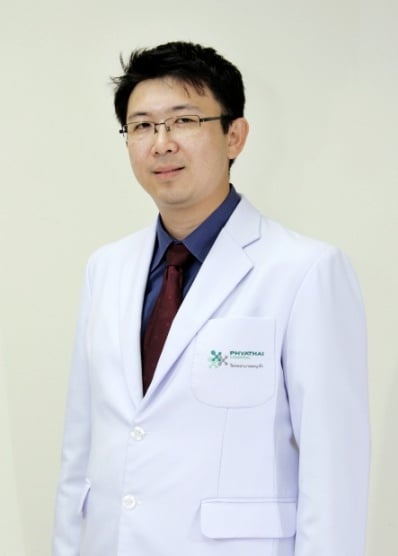When will the doctor consider heart valve replacement surgery?
Treatment for heart valve disease mainly involves 3 methods depending on the condition: 1. Medication 2. Use of special devices, and 3. Surgery. Doctors usually consider medication first, combined with advice on lifestyle adjustments such as proper diet, regular exercise, and adequate rest. If symptoms do not improve or worsen despite this treatment, doctors will consider switching to other approaches, such as using special devices or ‘heart valve replacement surgery’. The decision is based on the diagnosis of the disease, the overall health of the patient, and other risk factors. In cases where surgery is decided, patients must understand how to care for themselves and strictly follow the doctor’s instructions to reduce the risk of complications and help the patient recover quickly and fully.
Post-heart valve replacement surgery care includes
- After surgery, patients must stay in the ICU to monitor heart, lung, and other body system functions for about 24-48 hours. Patients may also need to use a ventilator during recovery.
- About 7-14 days after surgery, once the surgical wound is dry, patients can take a shower. To prevent fatigue, it is recommended to shower while sitting on a chair and avoid using water that is too hot, as it may cause dizziness or fainting.
- While the wound is not fully healed, daily wound care is necessary, and the wound should be kept dry. If there is pain, tightness, swelling, redness, heat, or discharge such as pus or lymph fluid, patients must inform the doctor immediately.
- During the first 2 weeks, patients can perform light work but should avoid strenuous activities until 6 weeks have passed or until cleared by the doctor.
- Eat a balanced diet with all 5 food groups. Avoid salty or strongly flavored foods, fermented foods, tea, coffee, and alcoholic beverages.
- Get sufficient sleep, averaging 8-10 hours per day.
- If feeling tired during any activity, rest for at least 20-30 minutes before continuing.
- Plan exercise without overexertion. If experiencing chest pain, dizziness, fainting, palpitations, or shortness of breath, stop immediately and inform the doctor.
- Patients can have sexual intercourse once health tests confirm no fatigue during exertion.
- Quit smoking.
- Attend scheduled doctor appointments for continuous monitoring.
Possible complications after surgery
Generally, ‘heart valve surgery is relatively safe’ because surgeons assess each patient’s risk before surgery. However, in cases of elderly patients, bedridden patients, those with uncontrolled chronic diseases, or emergencies, the risk of complications after surgery may increase, including:
- Bleeding at the surgical site
- Irregular heartbeat
- Blood clots
- Stroke
- Cardiac tamponade
What to avoid after surgery
- Foods high in cholesterol such as egg yolks, organ meats, and seafood
- Foods high in sugar such as sweets and sugary drinks
- Foods cooked with excessive oil such as fried or stir-fried dishes
- Strongly flavored foods and all types of fermented foods
- Tea, coffee, soft drinks, and alcoholic beverages
- Smoking
After undergoing ‘heart valve replacement surgery’, patients must prioritize self-care for good recovery and complete disease remission. They must also regularly attend doctor appointments to monitor symptoms and treatment outcomes.
Dr. Chayut Cheewapruk
Cardiovascular Specialist
Heart Center, Phyathai Nawamin Hospital






